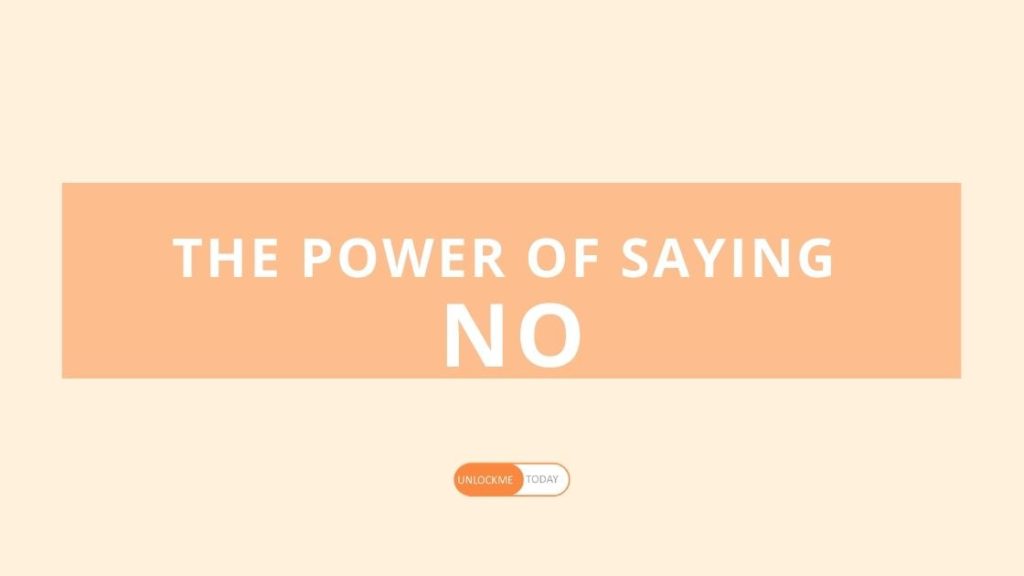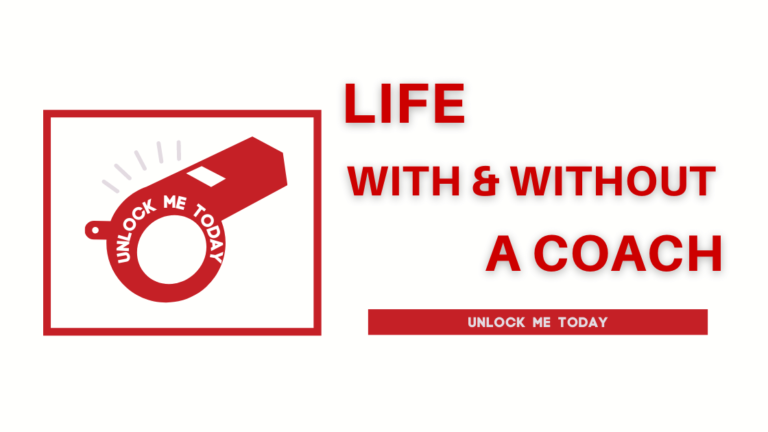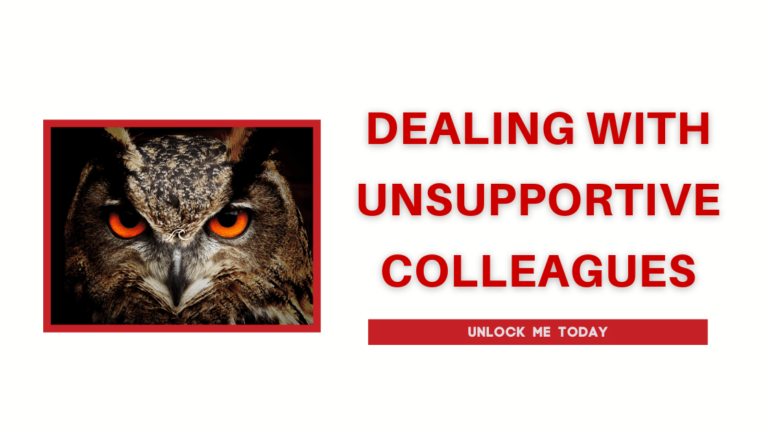As human beings, all of us have breaking points – times when our capacity to bounce back or address stressors becomes limited and we can’t deal with conditions as we usually would. For some of us, this point hits when strain at work becomes too much, for others it’s when our emotional world is filled with too many things that we sense we aren’t capable of handling ourselves. If we reach this point and aren’t able to recognize it, we keep saying yes to all the matters we commonly do without understanding the significant cost.
So why is this a problem? We reach a point where all of the “yes-ing” can result in burn out and/or compassion fatigue. In other words, whilst it is critical that we be present, caring and compassionate to ourselves and within our journey to recovery, we come up dry because we gave all of our power away to different things. Your relationship with self will start to suffer which means that you’ll stop treating yourself respectfully and replace healthy conduct with negative ones (an excessive amount of meals, booze, little sleep, exercise, self-care and so forth). Through by no means saying No, we stop having the ability to say yes when it’s far most vital. Try to give yourself-permission to practice this at first in places that are much less threatening and then in places that will enhance your well-being more significantly. There are some reasons why we find it tough to say no. often they’re based in fear or a few other negative emotions. right here are a few reasons I discovered in my explorations – do you have any others?
One common reason it’s hard to say no is that we feel insufficient. We carry some sense that we ought to be able to manage what’s asked of us and that it displays badly on us if we don’t. Of course, this is completely unreasonable. Everybody has limits, even the best performers in the world. Another reason is that we are afraid of results. Perhaps we worry that a boss or a pal will take a terrible or negative action, or withdraw support or friendship if we say no. Of course, there are bare minimums of give and take in any relationship, but expectations have to be sensible, and capacity and obstacles have to be respected always.
If you constantly worry about the responses of a person or workplace then you might be in a toxic state of affairs, and it is well worth thinking about whether that situation serves you anymore.
Sometimes we find it hard to say no because we worry about the opinion of others. In this situation, we fear the effects on our reputation. This will be related to the cause I referred to at the beginning of the article (human beings appealing/wanting to be favored). Realistically, not everybody is going to love you for your life (I’ve needed to do a lot of work to simply accept this and be good enough with it, but it’s true). So, swallow your fear and say no!
We won’t enjoy the struggle. We can say yes to avoid an argument.
sooner or later, every so often we’re being manipulated. Someone is using social strain (“everybody is doing it”), no longer telling the whole fact about a situation, flattery or other manipulation strategies to place stress on you to do what they need. Saying yes sometimes is important, but so is saying no. Below are some ways to help you do it better:
Check-in with your body
While you are requested to do something for a person, receive an invite, or are in any way summoned to offer your time and power to something, take a second to see the way you sense in your body. Does the request make you feel worn-out? Do you all of the sudden experience an otherwise unexplainable headache or some other bodily symptom?
Your body could be very smart and could frequently inform you if something isn’t always right. A trainer of mine as soon as stated that your body sends you all kinds of signals when something isn’t working for you. while you don’t listen, it drops a proverbial piano on your head. Next time something is asked of you, see if you could tap into those indicators your body is sending early on, and allow that be your manual.
Ask yourself this question
Always ask yourself if you have to do what’s being asked of you? While you make it a habit to say yes without thinking, it takes some time and energetic work to relearn how to hear that internal voice that tells you whether or not you truly need something.
Take time before answering
There are only a few requests, invitations, or propositions that need to be answered right away. Discover ways to take some time to consider what’s being asked of you before you answer. Think it through before you answer.
Start by saying no to little matters
Before you discover yourself in a therapist’s workplace thinking of the way you ended up in this marriage or that job or anything metropolis you are in, start by working towards saying “no” to small things first. This can be to telemarketers, the up-sell at a store, or a social invitation you certainly do not feel like accepting. The more you practice declining the invitations and things you do not want, the better geared up you may be to say no to the bigger propositions in life.
Don’t provide tricky excuses
If a person invites you to dinner and you don’t have some other plans—and therefore no excuse except you don’t feel like going—simply say you can’t do it that night. You don’t have to tell your friend that you are unwell and your dog passed away and your bathroom overflowed. If you need a quiet night time at home, take it. You do not want to justify that or apologize! people don’t always want or need your excuses; they simply need to understand if you could meet up or in case you’re interested in the activity or if you can do them a favor or not. Saying no to something, for whatever cause, is often sufficient.
There are situations wherein you need to do the kind and helpful thing and yes to a family member or friend. But you are under no obligation to do so. While we learn to say no, we begin setting boundaries, caring for ourselves more, and giving ourselves the value, we deserve. Even though it may be tough at the start, don’t lose any opportunity you have to express your true feelings. Be true, be authentic, be kind and people will love you for who you are and what you believe in. It’s easier to say no to matters when you are super clear about your real priorities. Having an idea of the things that are valuable and significant to you makes it less complicated to identify matters which might be distractions or not a part of your goals. Saying “no” is a talent and like most abilities, it gets better as you practice it. Start small – turn down some minor requests that you may typically say yes to (burdensome social occasions are a good area to start).


